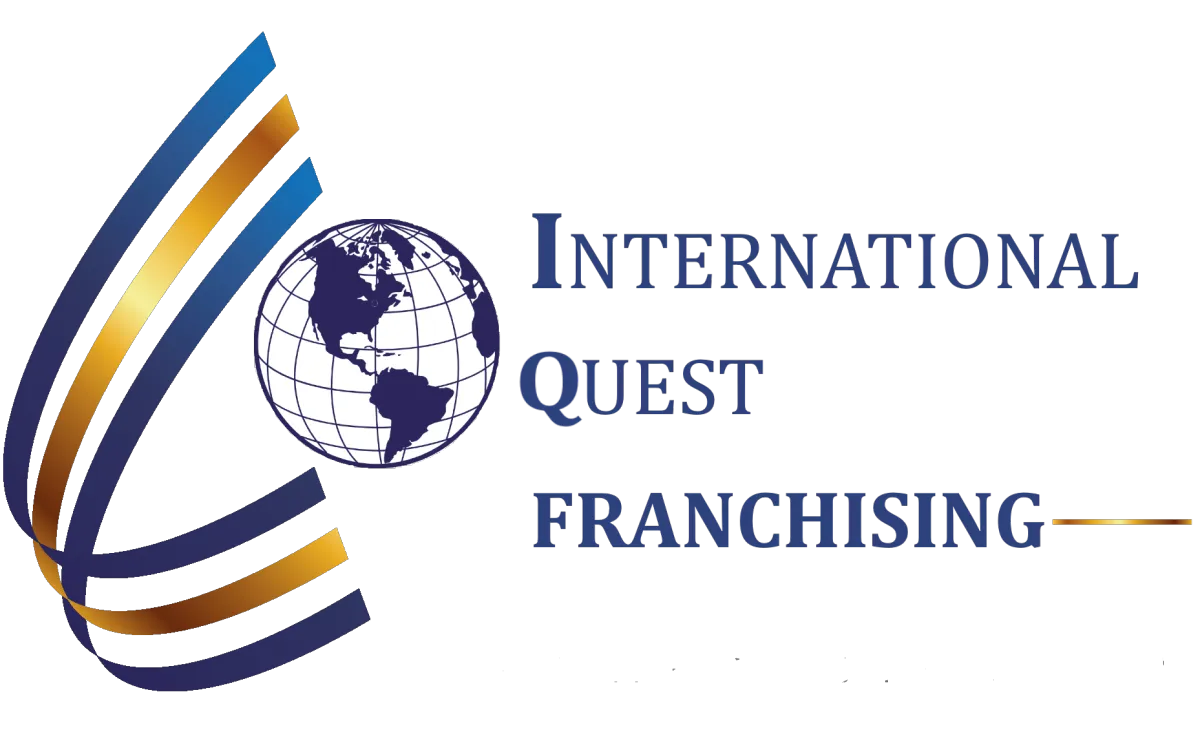
Franchise Insurance & Risk Management
Understanding the Importance of Franchise Insurance
Franchise insurance refers to a customized compilation of insurance policies designed to protect both franchisors and franchisees from various risks. The scope of franchise insurance encompasses everything from property damage to employee injuries, ensuring a shield of protection for every aspect of the business.
Insurance is a critical component for franchise businesses as it mitigates financial risks and provides a safety net against unforeseen circumstances. Key reasons why insurance is essential include protection against liability claims, compliance with legal requirements, and safeguarding against potential business interruptions.
Franchise owners face several common risks, such as theft, natural disasters, employee injuries, and liability claims from customers. These risks necessitate tailored insurance coverage to maintain business continuity and stability.
Legal requirements for franchise insurance vary by region. Different regions may have specific mandates for types of insurance, liability limits, and compliance standards. Understanding and adhering to these legal requirements is crucial to avoid penalties and ensure smooth operations.

Need Help? Use International Quest Franchising, LLC
IQ Franchising helps businesses grow and expand through franchising by working closely with clients to build strong, successful franchise systems. We start by understanding your business, then develop a strategic plan that addresses challenges and maximizes profits. Our expertise in project management and operational efficiency, like Lean & Six Sigma, ensures your franchise system is both effective and sustainable. With our support, your business can thrive, and franchisees can make a positive impact in their communities. Let us help you achieve success and reach your franchising goals.. To learn more, Visit. (916) 774-7142
Types of Insurance Policies for Franchises
General liability insurance protects franchise businesses from third-party claims related to injuries or property damage occurring on their premises. This is the most basic form of insurance required to shield against substantial financial losses.
Property insurance is essential for safeguarding physical assets, including buildings, equipment, and inventory. It covers losses from fire, theft, vandalism, and other destructive events that may disrupt operations and cause significant financial strain.
Workers' compensation insurance provides benefits to employees who are injured while performing job-related duties. It is a mandatory policy in most regions and covers medical expenses, rehabilitation costs, and lost wages, protecting both employees and the franchise from litigation.
Business interruption insurance is crucial for maintaining financial stability during unforeseen disruptions. It compensates for lost income and helps cover operating expenses during periods when the franchise cannot operate due to covered events such as natural disasters or significant equipment failures.
Product liability insurance offers protection against claims arising from harm or defects caused by the franchise’s products. This is particularly important for franchises involved in manufacturing or retailing consumer goods, as it mitigates the risk of costly legal battles and settlements.
Assessing and Mitigating Franchise Risks
Conducting a comprehensive risk assessment is the first step in identifying potential threats to your franchise. This involves evaluating every aspect of your operations to pinpoint vulnerabilities and determine the level of risk exposure.
Specific vulnerabilities unique to your franchise can range from location-specific risks, such as natural disaster susceptibility, to operational weaknesses like inadequate employee training. Identifying these allows for targeted risk management strategies.
Implementing strategic risk management practices can significantly reduce potential threats. These practices might include regular safety drills, staff training, and maintenance procedures designed to minimize the possibility of accidents or disruptions.
Technology and data analytics play a pivotal role in modern risk assessment. Utilizing advanced tools for monitoring and analyzing operations can provide critical insights and enable proactive measures to mitigate risks effectively.
Periodic review and updating of risk management policies ensure they remain relevant and effective. As the business evolves, so do the risks, making it crucial to stay ahead with timely updates and refinements.
Cost Factors and Budgeting for Franchise Insurance
The cost drivers for franchise insurance premiums typically include factors like the location of the franchise, the nature of the business, claims history, and the level of coverage required. Identifying these can help tailor a cost-efficient insurance plan.
Balancing comprehensive coverage with cost-efficiency is essential for maintaining financial health. It’s crucial to assess the necessity of each type of coverage in the context of the specific risks your franchise faces.
Negotiating better insurance rates involves comparing quotes from multiple providers, understanding the nuances of different policies, and leveraging your business's risk management practices as a bargaining tool.
Allocating a budget for insurance in your business plan ensures that you can sustain adequate coverage without jeopardizing other financial commitments. This foresight enables smoother financial planning and resilience against financial shocks.
Choosing the Right Insurance Provider for Your Franchise
Evaluating insurance companies involves considering their reputation, financial stability, and service record. A reliable provider should be able to handle claims efficiently and provide robust support.
Industry-specific experience is a significant criterion as providers familiar with your business model can offer more tailored and effective coverage options, understanding the unique risks associated with your franchise.
Customer service and support considerations are paramount. An insurance provider should offer responsive and helpful customer service, making it easier to handle claims and inquiries promptly.
Reading and understanding policy terms and conditions is vital to avoid unpleasant surprises. Knowing what is covered, exclusions, and your obligations can prevent complications during claims.
Feedback and reviews from other franchise owners can provide invaluable insights into the real-world performance of an insurance provider. Their experiences can guide you to make a more informed decision.
Integrating Insurance into Franchise Operations
Educating franchisees about the importance of insurance is crucial for fostering a culture of risk management across the network. Regular communication on the benefits and necessities of insurance can resonate throughout the organization.
Developing standard operating procedures (SOPs) for reporting claims ensures that franchisees know how to act swiftly and correctly when claims arise. Well-defined procedures minimize confusion and expedite the claims process.
Regular training programs on risk management practices keep franchisees and staff aware of the latest techniques and strategies for mitigating risks. Continuous learning improves overall safety and reduces preventable incidents.
Coordination between franchise headquarters and franchisees on insurance matters ensures consistency in coverage and claims handling. Centralized management of insurance policies can streamline processes and optimize risk management.
Continuous monitoring and improvement of insurance-related processes are necessary to maintain efficacy. Periodic reviews and system updates ensure that all aspects of insurance management stay current and effective.
International Quest Franchising, LLC
Business Address: 3017 Douglas Blvd. Ste. 300
City: Roseville
State: CA
Zip: 95661
Phone: (916) 774-7142

